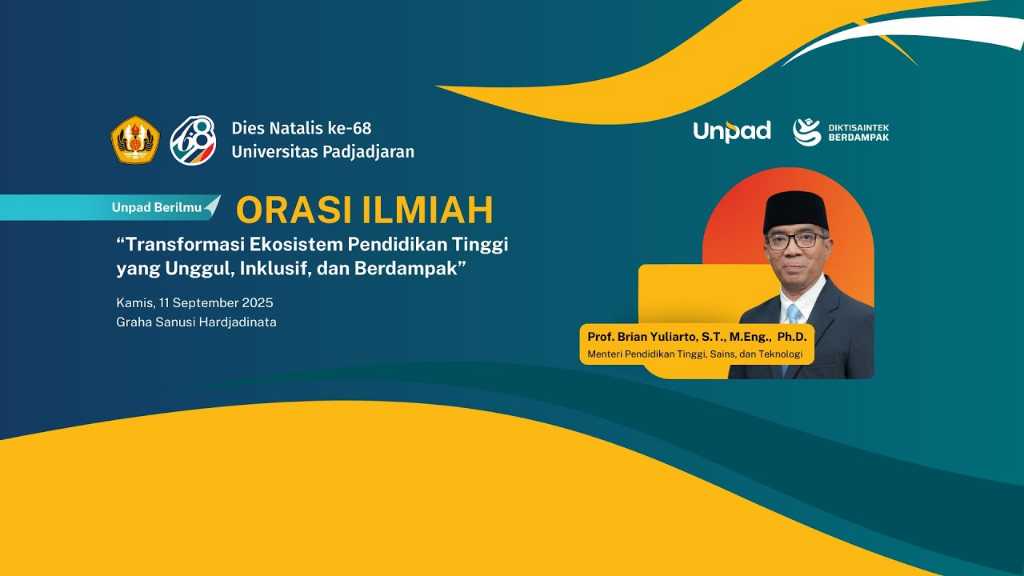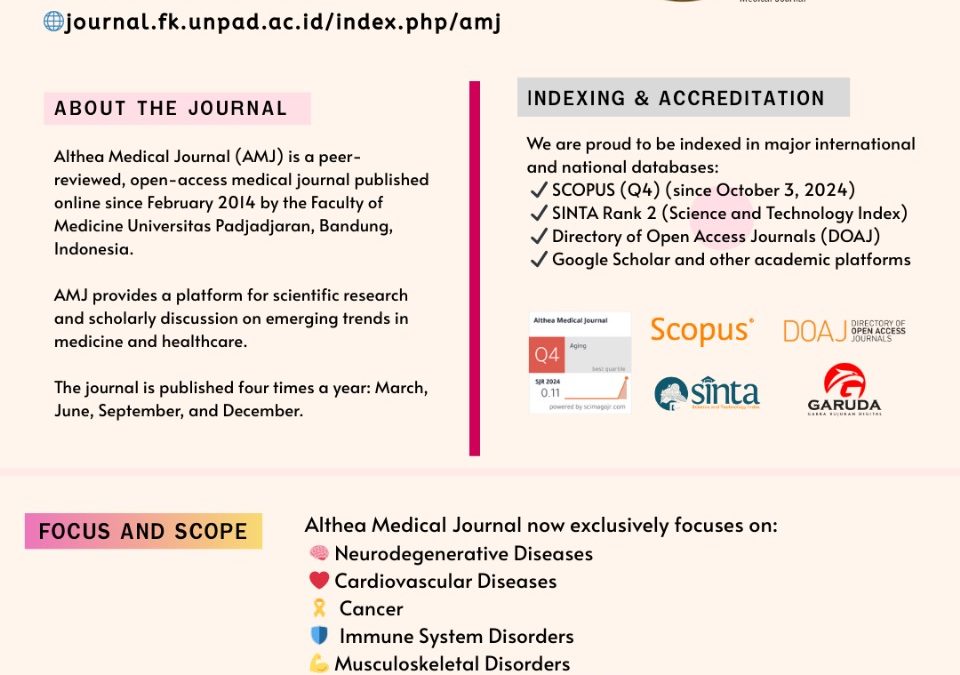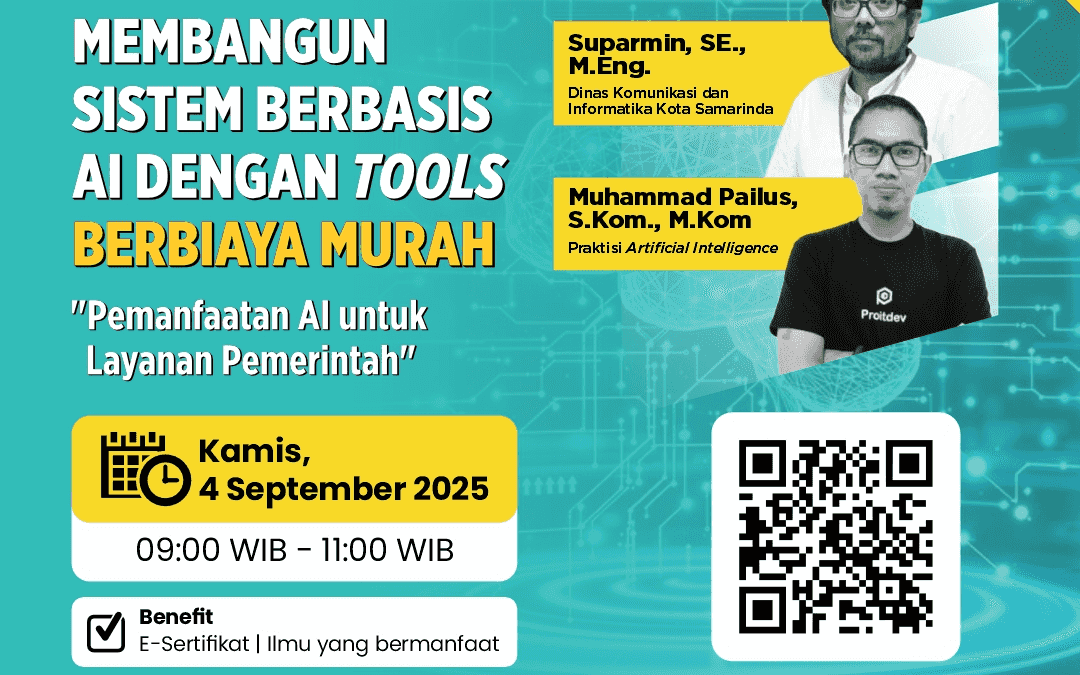
Orasi Ilmiah Unpad Berilmu dan Renungan Unpad Bersyukur
Yth. Para Dosen dan Tendik
di lingkungan Universitas Padjadjaran
Rektor Universitas Padjadjaran mengundang semua dosen dan tenaga kependidikan Universitas Padjadjaran untuk mengikuti peringatan Dies Natalis ke-68 Universitas Padjadjaran berupa Orasi Ilmiah dan Renungan Unpad Bersyukur pada:
Hari/tanggal: Kamis, 11 September 2025
Waktu: 09.00 WIB s.d. 11.30 WIB.
Sehubungan dengan kapasitas tempat yang terbatas, maka bagi yang tidak dapat mengikuti acara secara luring di Grha Sanusi Hardjadinata, diimbau untuk mengikutinya secara daring melalui tautan https://s.id/DiesNatalis68Unpad
Dirgahayu Universitas Padjadjaran. Mari wujudkan Unpad unggul, inklusif, dan berdampak.
Rektor.
Arief S. Kartasasmita
Untuk informasi liputan berita atau info lainnya silahkan hubungi ke Redaksi :
Jalan Raya Bandung – Sumedang Km.21
Telepon : (022) 84288811
Email : humas@unpad.ac.id / media@unpad.ac.id
Saluran Informasi Universitas Padjadjaran
KaMU adalah saluran media informasi yang dikelola oleh Kantor Komunikasi Publik (KKP) – Direktorat Tata Kelola, Legal dan Komunikasi – Universitas Padjadjaran.
Saat ini, KaMU mengelola penyebarluasan informasi melalui:
– Situs web: www.unpad.ac.id
– Facebook: @unpad 𝖵𝖤𝖱𝖨𝖥𝖨𝖤𝖣
– Twitter: @unpad 𝖵𝖤𝖱𝖨𝖥𝖨𝖤𝖣
– Instagram: @universitaspadjadjaran
– TikTok: @universitaspadjadjaran
– YouTube: @unpad
– LINE: @unpad
– Radio: Radio Unpad
#unpad
#UniversitasPadjadjaran






